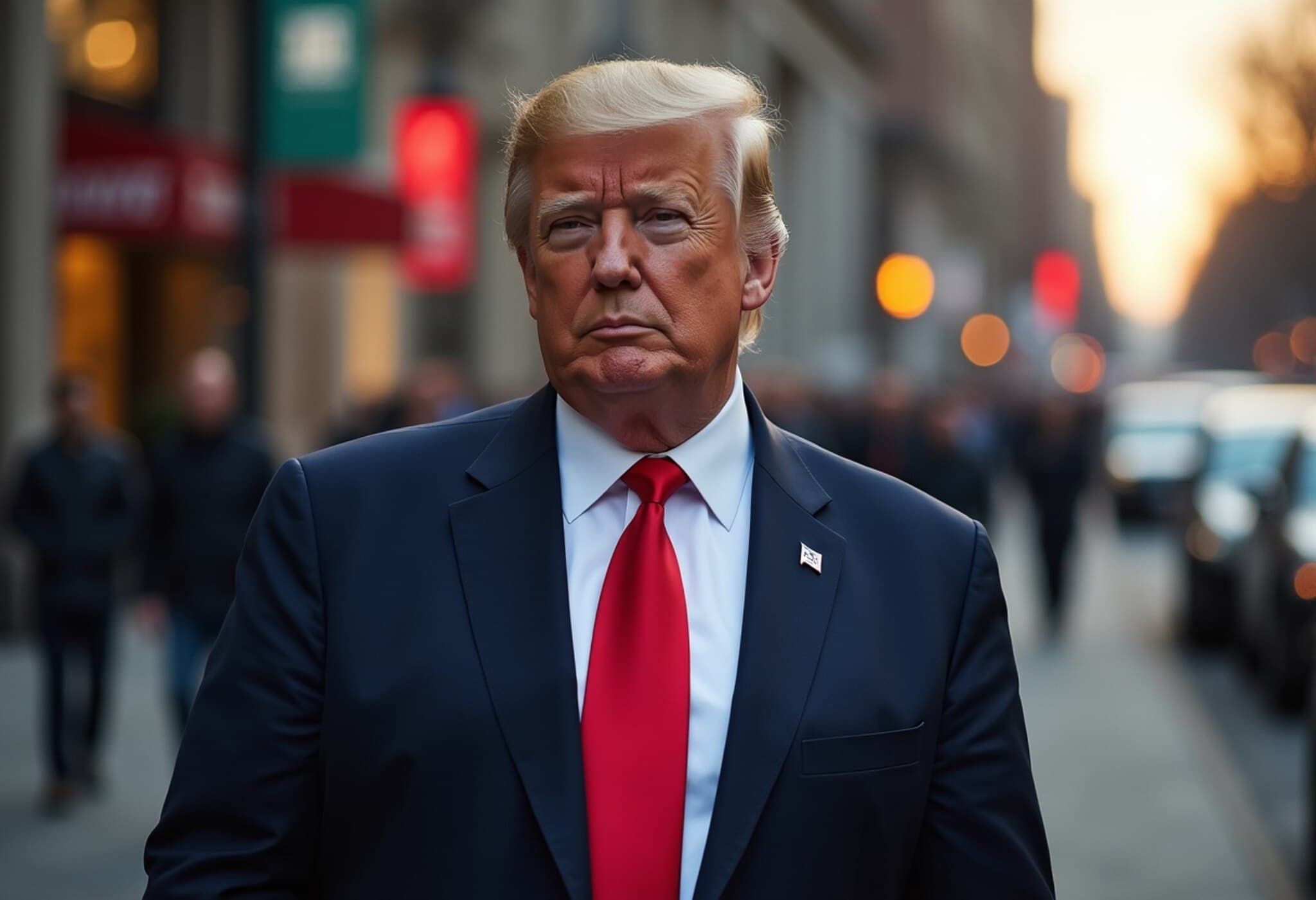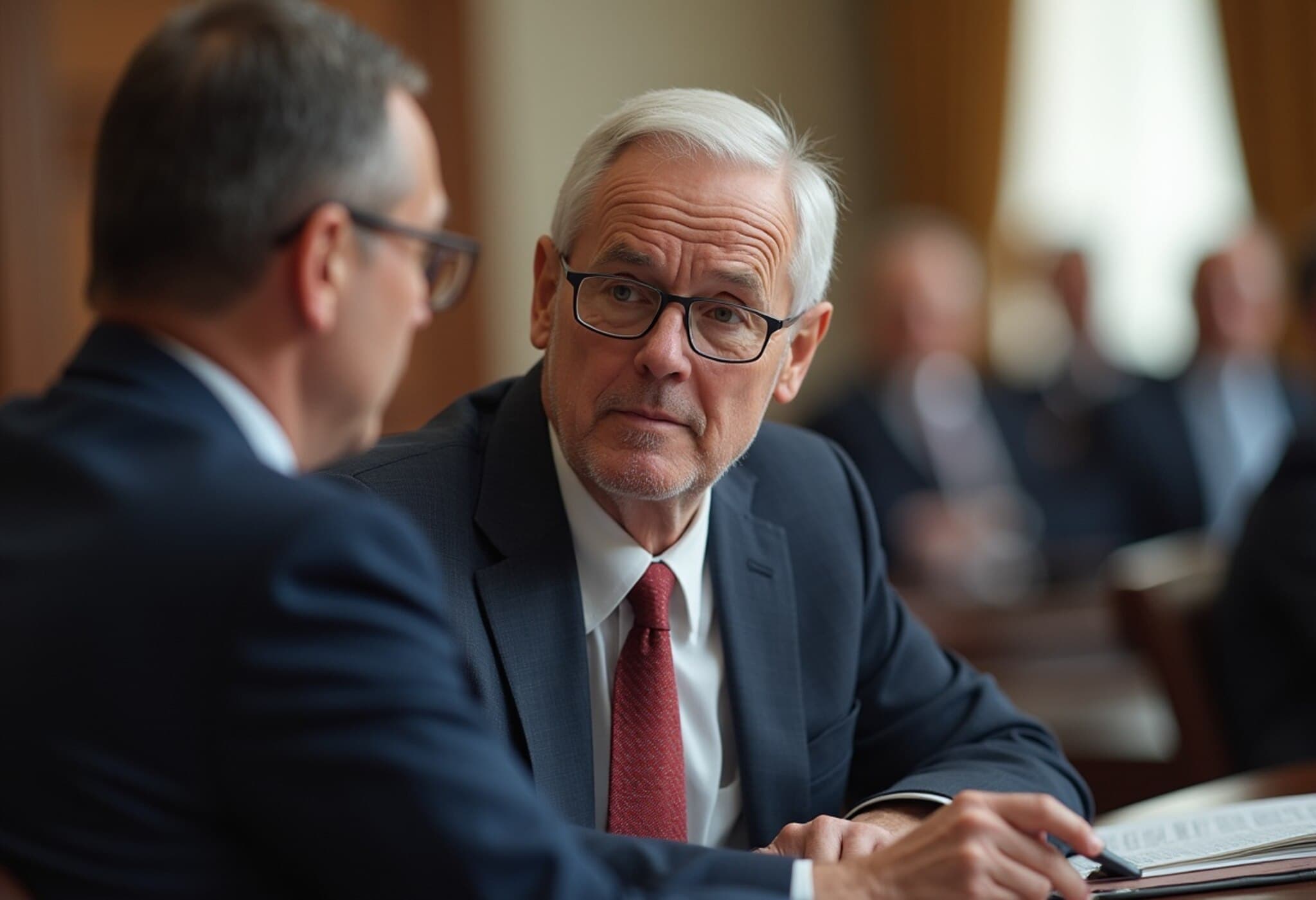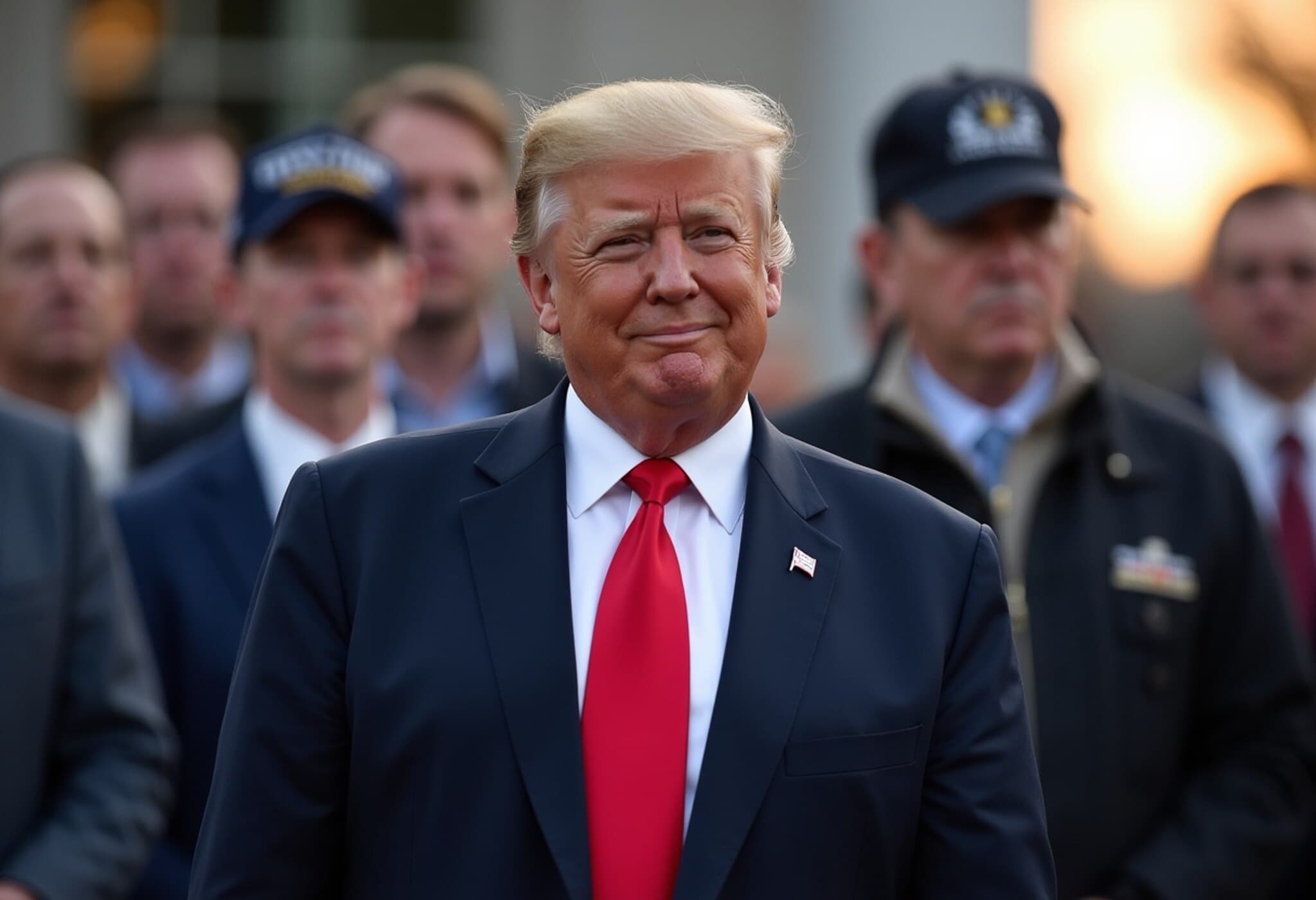Trump’s $5 Million ‘Trump Card’ Aims at Wealthy Immigrants Amid Legal Scrutiny
President Donald Trump has introduced an ambitious plan offering a $5 million path to U.S. citizenship through what he calls the "Trump Card." This proposal targets affluent investors seeking residency options, joining a growing global trend of "golden visas" that entice wealthy individuals to purchase residency or citizenship via substantial financial investments.
Strong Interest Meets Questions on Viability
Since launching the program’s website in June, interest appears robust — with reports of over 70,000 signups seeking more information. The card itself is said to be made of actual gold and aims to generate substantial revenue for the U.S. Treasury. Officials have suggested that selling 200,000 cards could potentially raise up to $1 trillion, a sum that could significantly alleviate the federal debt.
However, experts caution this enthusiasm may be overstated. Immigration lawyers and wealth advisors note that sign-ups do not necessarily equate to buyers, as many register solely to stay informed about the evolving proposal.
The Competitive Landscape of Investment Visas
The Trump Card emerges amid tightening restrictions on similar programs in traditional hot spots like Spain, Portugal, and Italy, where political opposition has led to cutbacks on investment-based visas. Meanwhile, countries such as the UAE and the U.S. continue to attract wealthy individuals, fueled by global political and economic uncertainties.
Global data shows an estimated 142,000 millionaires plan to relocate internationally this year, primarily from politically unstable regions. The U.S. is projected to attract a net gain of around 7,500 millionaires, trailing only behind the UAE’s expected increase.
Demand Likely Concentrated, But Limited in Scale
Only a fraction of the global ultra-wealthy population — roughly 276,000 individuals worldwide have a net worth above $30 million, a realistic threshold for purchasing such a high-cost visa. Most interest is anticipated from China and the Middle East, regions that host large communities of ultra-high-net-worth individuals.
Yet, geopolitical tensions and regulatory restrictions, especially China’s capital controls, could curb participation from some wealthy applicants. Industry insiders estimate the Trump Card could achieve demand of around 2,000 visas per year, far less than the ambitious government projections.
Uncertainties Around Legal, Tax, and Screening Challenges
Critical concerns loom large over the Trump Card. First, the intricacies of tax law pose a major obstacle. The U.S. imposes taxes on worldwide income for its citizens and permanent residents, so the Trump Card’s appeal relies on a proposed exemption for foreign-earned income — a radical move requiring Congressional approval and IRS cooperation.
This exemption could create loopholes, enabling dual citizens or former Americans to renounce citizenship, secure the Trump Card, and avoid global taxes. Questions remain about estate and gift tax implications as well.
Moreover, the program’s screening process has yet to be detailed. Past missteps in similar programs allowed sanctioned Russian nationals to exploit residency pathways, raising concerns about the efficacy of vetting applicants for ties to criminal or terrorist organizations. The administration has been tight-lipped on how it will address these issues, especially amid tense relations with China.
Impact on Existing Visa Programs and Corporate Buyers
The Trump Card is envisioned as a replacement for the existing EB-5 visa program, which offers U.S. residency for investments around $1 million tied to job creation in designated areas. However, EB-5 enjoys strong bipartisan support and is legislated through 2027, meaning any overhaul will require Congressional action.
Corporate demand could also shape the Trump Card’s uptake. Some reports suggest that major U.S. companies, like Apple, could purchase these visas to attract international talent, though official confirmation remains absent.
Looking Ahead
Ultimately, the Trump Card proposal represents a bold attempt to monetize immigration and citizenship for the ultra-wealthy. While it has sparked notable interest, the road ahead is fraught with legal, political, and fiscal complexities that may limit its scale and success. Observers and industry experts alike urge a cautious approach, waiting to see how policy details unfold before embracing or dismissing the program’s full potential.












